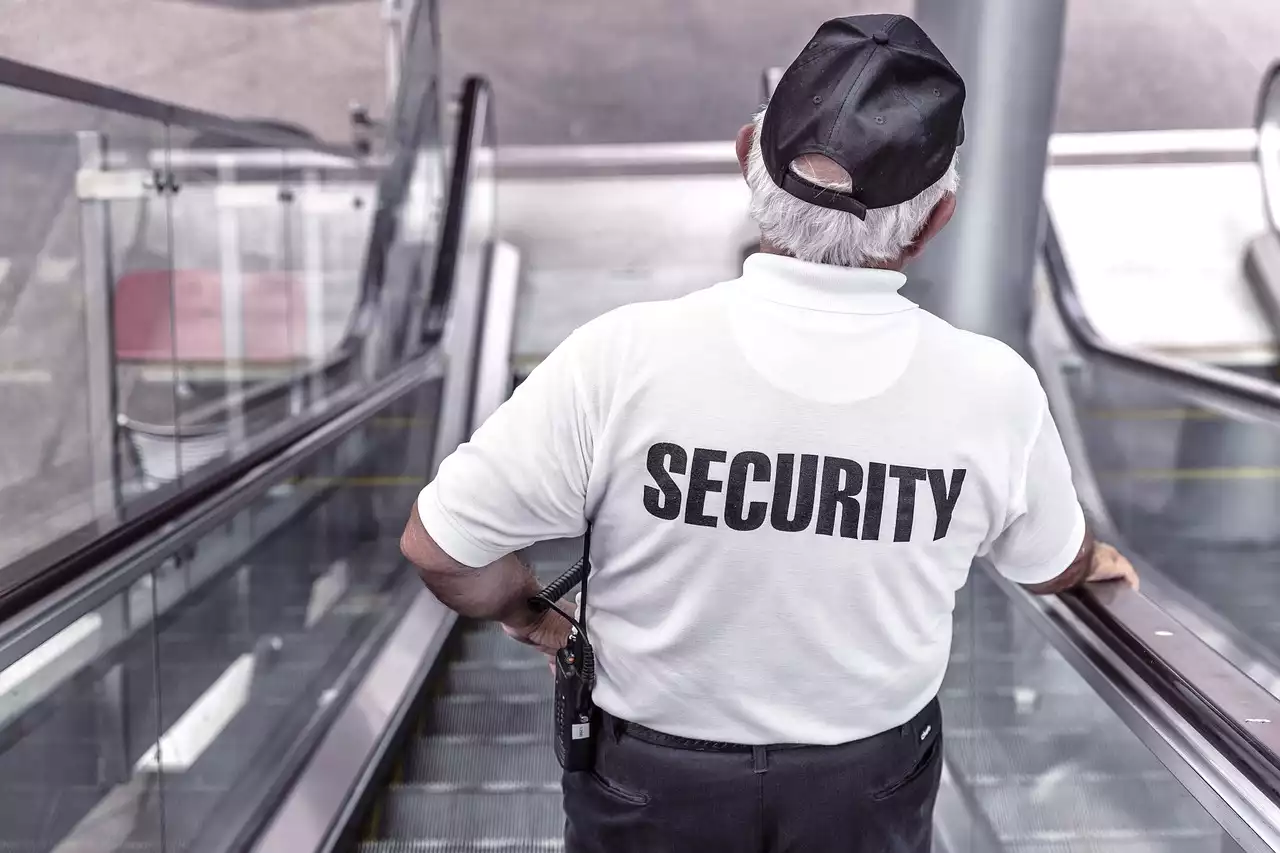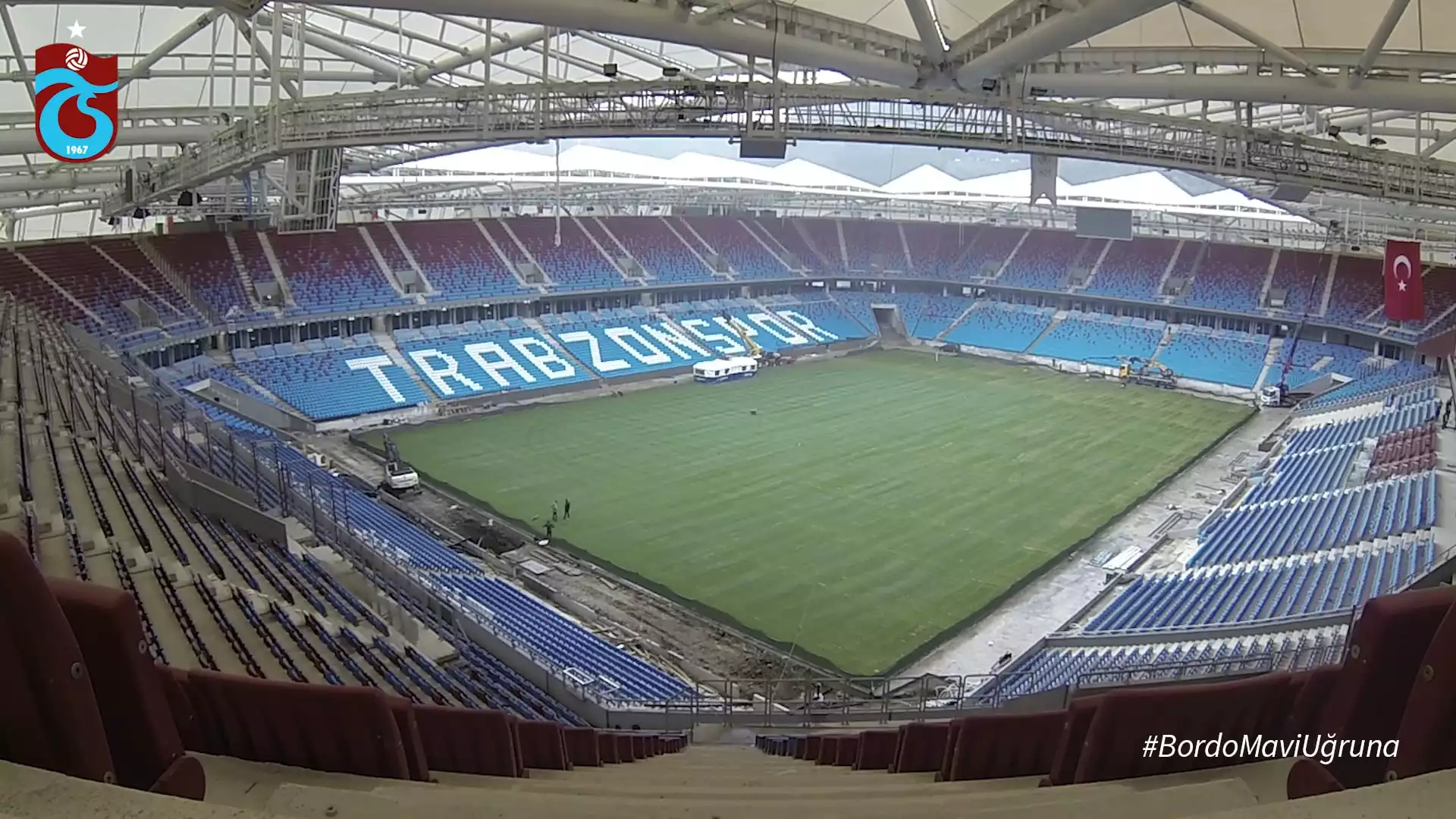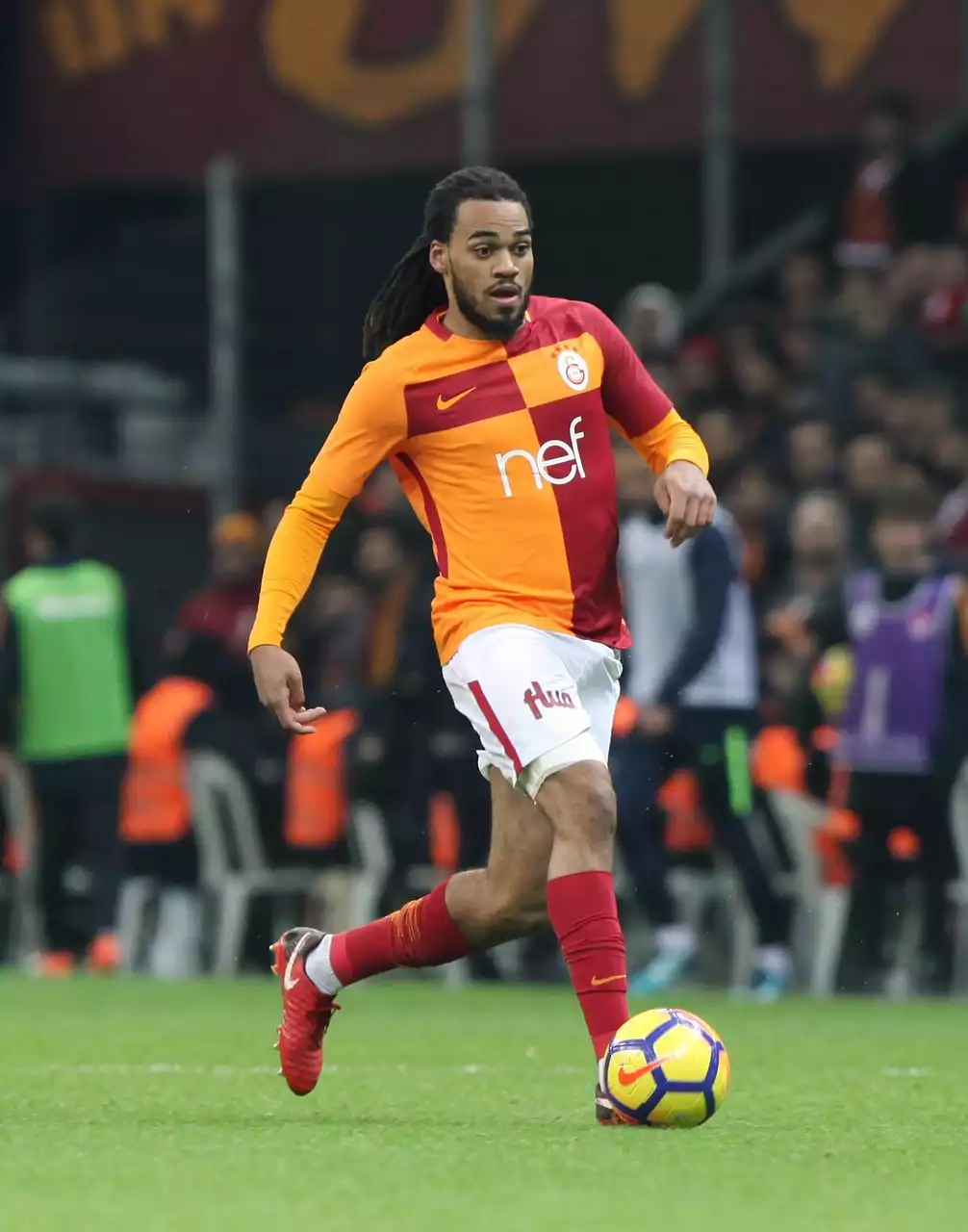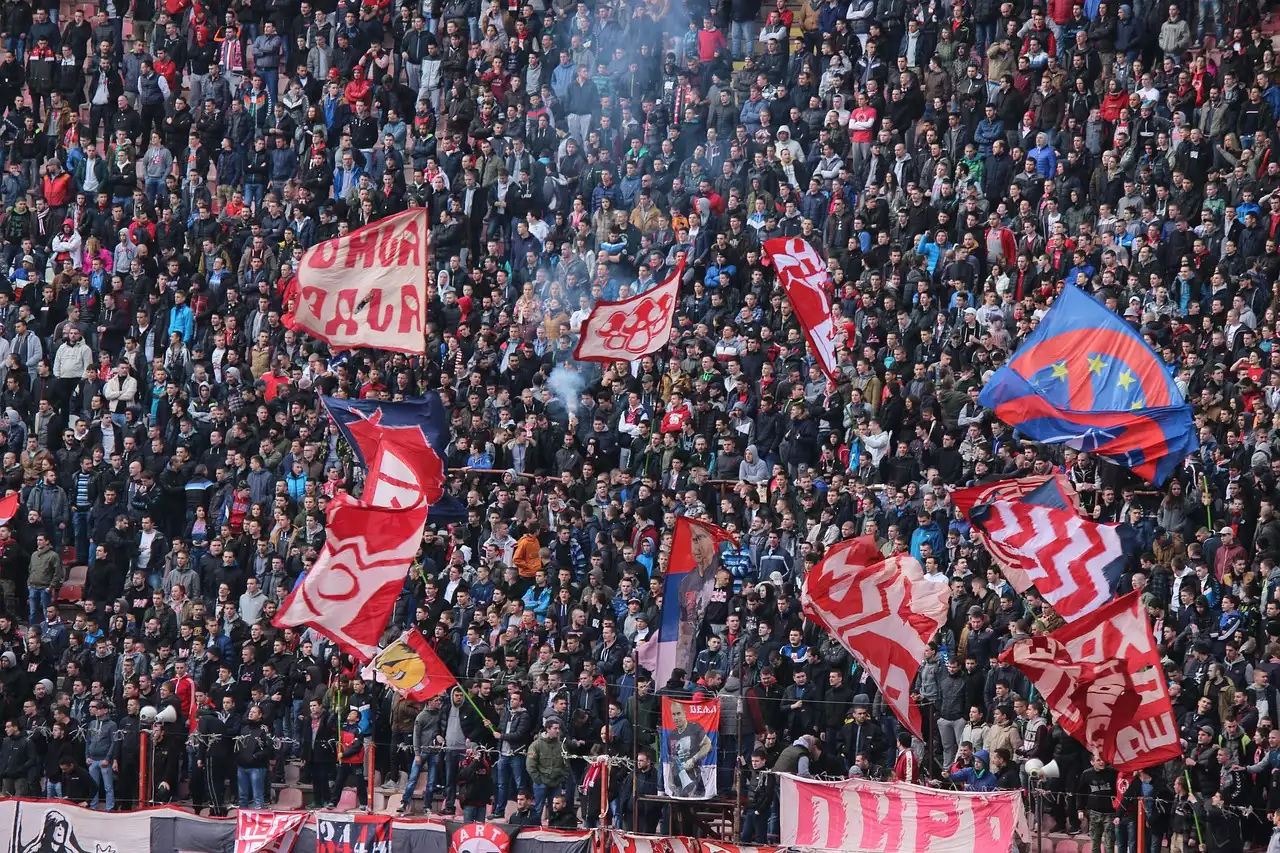The Turkish Super Lig: An overview
The Turkish Super Lig, founded in 1959, is the top professional football league in Turkey. It consists of 21 teams competing for the championship title. With a rich footballing history and a passionate fan base, the Turkish Super Lig attracts thousands of supporters to stadiums across the country every matchday. However, with the increase in the number of fans attending games, ensuring their safety has become a major concern for the league and its clubs.
Safety regulations in Turkish Super Lig stadiums
To guarantee the safety of spectators, the Turkish Super Lig has implemented strict safety regulations that all stadiums must adhere to. These regulations cover various aspects, including infrastructure, crowd control, emergency response, and evacuation procedures. Stadiums are required to undergo regular safety inspections to ensure they meet the necessary standards. This includes checking the structural integrity of stands, the availability of emergency exits, and the functionality of fire prevention systems. In addition, crowd control measures such as capacity limits, designated seating areas, and barrier systems are put in place to prevent overcrowding and maintain order.
Challenges and incidents in Turkish Super Lig stadiums
Despite the efforts to ensure safety, Turkish Super Lig stadiums have faced their fair share of challenges and incidents. One of the recurring issues is the misbehavior of a small minority of fans, including acts of violence, vandalism, and the use of pyrotechnics. These incidents not only pose a threat to the safety of other spectators but also tarnish the reputation of the league. The Turkish Super Lig has been proactive in addressing these challenges by implementing stricter security measures, increasing the presence of security personnel, and collaborating with law enforcement agencies to identify and penalize those responsible.
The role of fans in ensuring stadium safety
While the responsibility for ensuring stadium safety lies primarily with the league and its clubs, fans also play a crucial role in maintaining a secure environment. It is essential for fans to adhere to the rules and regulations set forth by the Turkish Super Lig and follow the instructions of security personnel. By respecting the boundaries, refraining from violent behavior, and reporting any suspicious activities, fans contribute to creating a safe and enjoyable atmosphere for everyone.
Measures taken by Turkish Super Lig clubs to enhance safety
In addition to the regulations imposed by the league, individual clubs within the Turkish Super Lig have taken proactive measures to enhance safety in their stadiums. This includes investing in state-of-the-art surveillance systems, installing high-quality CCTV cameras, and employing trained security personnel. Some clubs have also introduced biometric access control systems to ensure that only authorized individuals can enter the stadium premises. These measures not only deter potential troublemakers but also aid in the swift identification and resolution of any security issues that may arise.
Fan education and awareness programs
Recognizing the importance of fan education and awareness, the Turkish Super Lig and its clubs have implemented programs to educate supporters about stadium safety. These programs aim to instill a sense of responsibility among fans and promote a culture of mutual respect. They include workshops, seminars, and outreach campaigns that educate fans about the potential risks associated with unruly behavior and the importance of adhering to safety protocols. By fostering a sense of community and shared responsibility, these initiatives contribute to the overall safety and well-being of fans.
Technology and innovations for stadium safety
Technology has played a significant role in enhancing stadium safety in the Turkish Super Lig. Advanced crowd control mechanisms, such as facial recognition systems, have been introduced to identify individuals with a history of misconduct or banned from attending matches. These systems help prevent potential troublemakers from entering the stadiums and provide a safer environment for genuine fans. Additionally, emergency response systems, including automated alerts and evacuation protocols, have been implemented to ensure a swift and coordinated response in case of emergencies such as fires, natural disasters, or medical incidents.
Collaborations between clubs, authorities, and fans
Ensuring safety in Turkish Super Lig stadiums requires a collaborative effort between clubs, authorities, and fans. Clubs work closely with local law enforcement agencies to coordinate security operations on matchdays. This involves sharing intelligence, conducting risk assessments, and deploying additional security personnel when necessary. Furthermore, clubs actively engage with fan groups and supporters' associations to gather feedback, address concerns, and involve fans in decision-making processes related to stadium safety. By fostering open lines of communication and encouraging dialogue, these collaborations help build trust and create a sense of ownership among fans.








.png?size=50)

